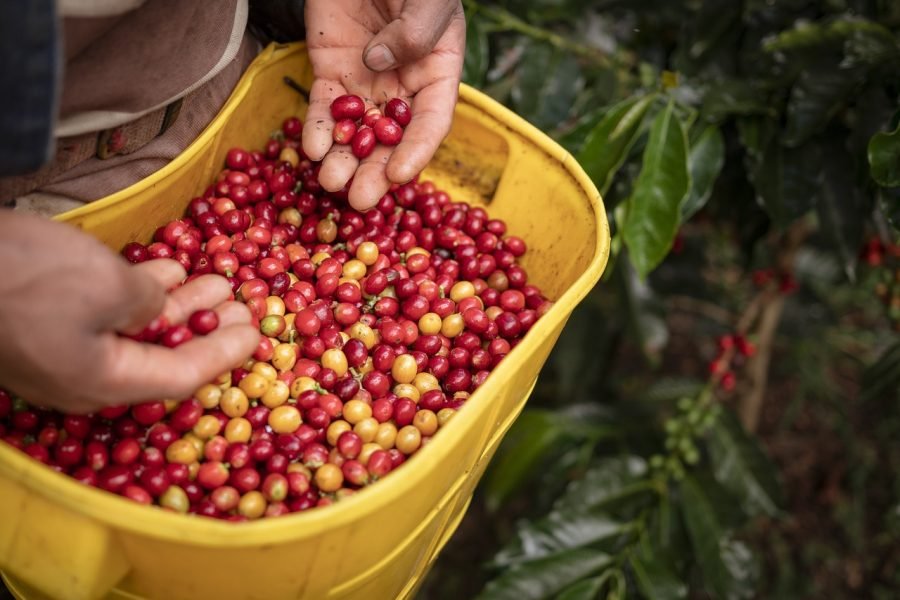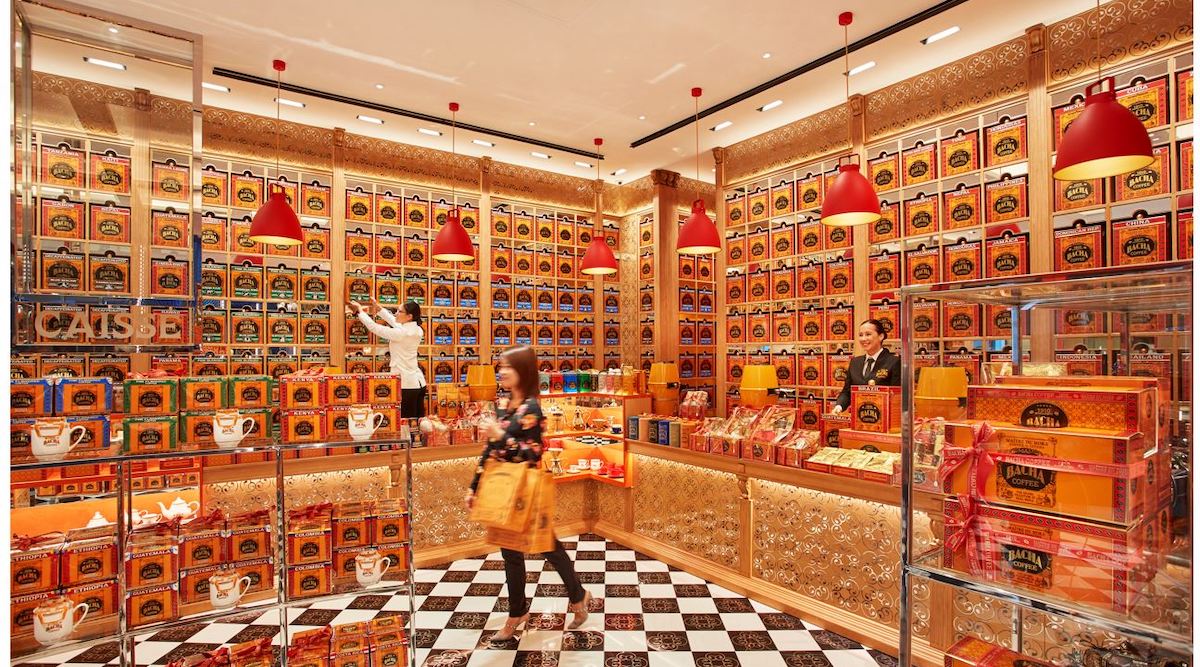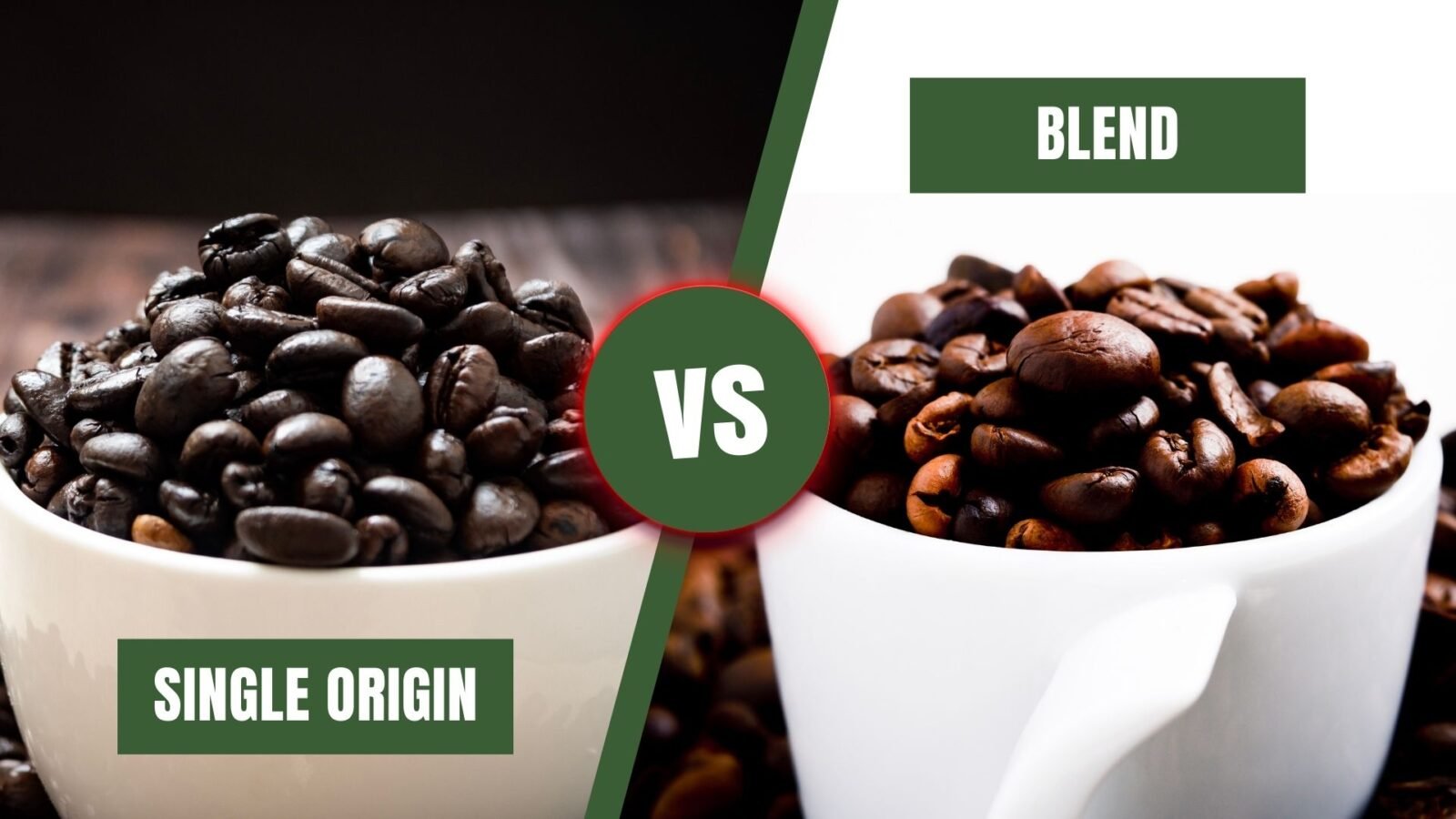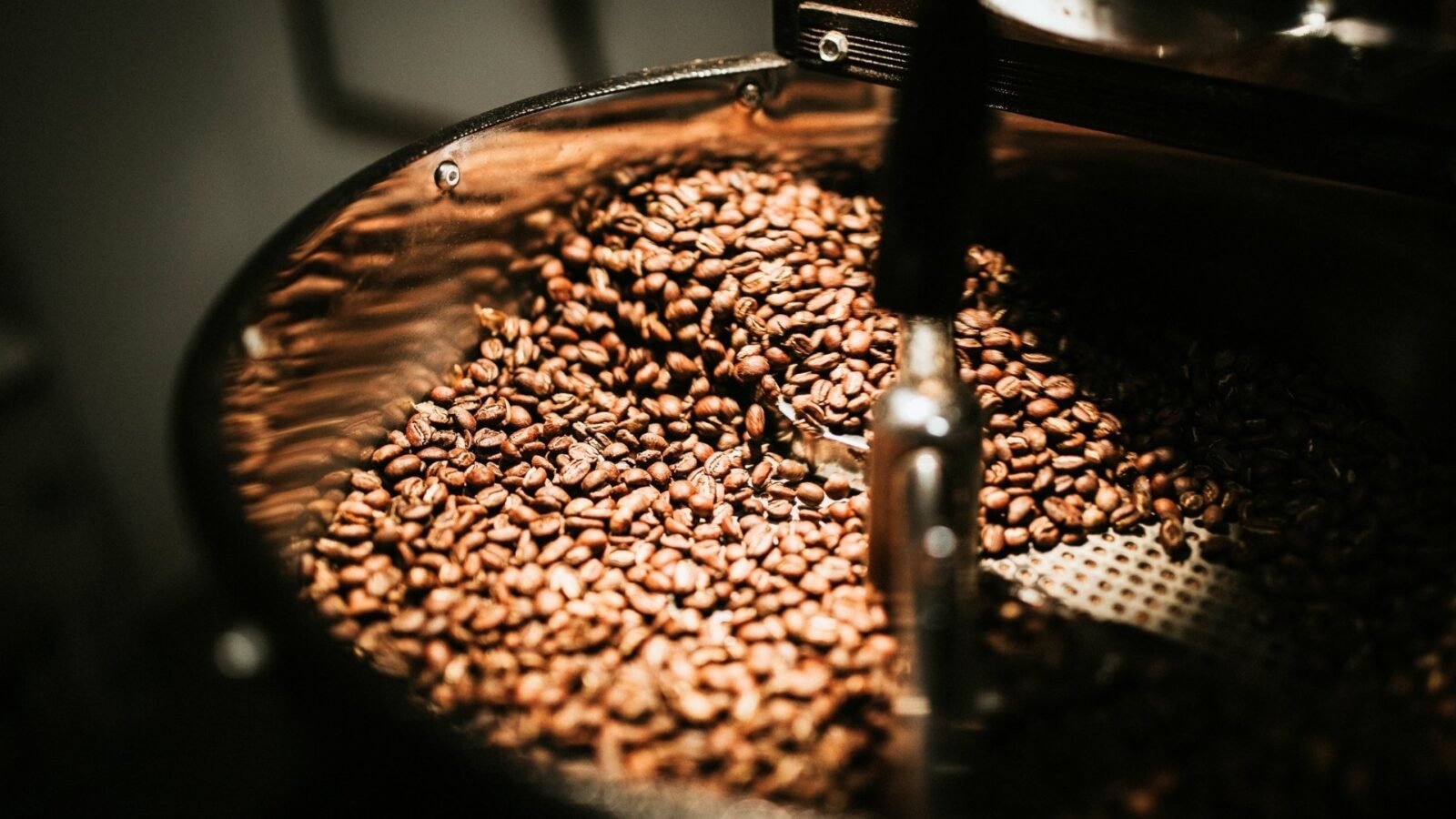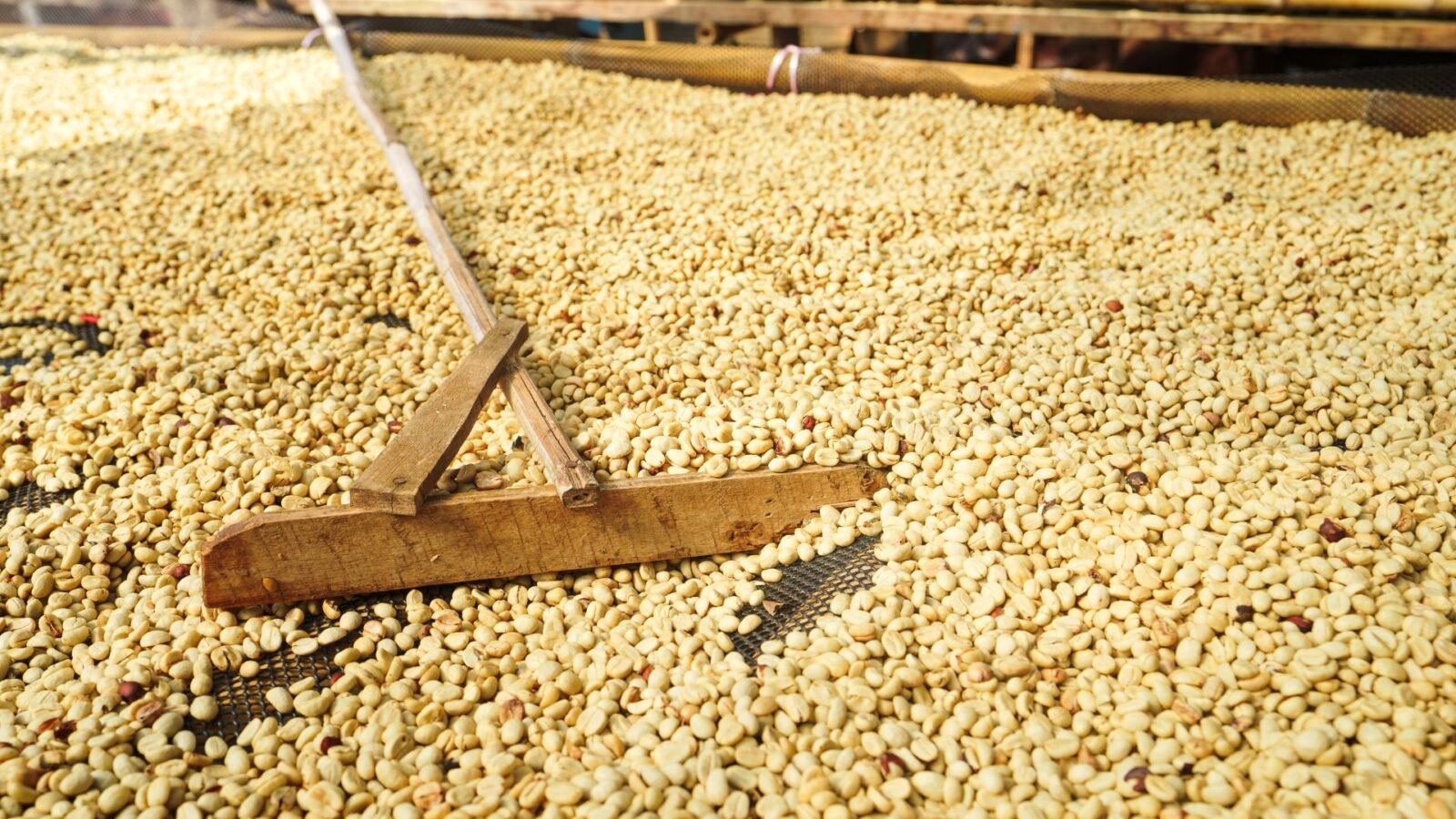Toraja coffee is a type of coffee that originates from the highlands of Sulawesi, Indonesia. It is known for its distinctive flavor and aroma, which are influenced by various factors such as the growing conditions, the type of bean, the type of roast, and the freshness of the bean. In this article, we will explore how these factors make Toraja coffee different from other coffee.
There are several factors that contribute to the unique taste of Toraja coffee. One factor is the climate and growing conditions in the Toraja highlands. The region is located at high altitude, with cool temperatures and abundant rainfall. These conditions are ideal for growing Arabica coffee, which is a delicate plant that requires a lot of care.
Another factor that contributes to the taste of Toraja coffee is the processing method. The coffee beans are typically processed using the wet hulled method, which involves removing the outer layer of the bean and then fermenting it in water. This process helps to develop the coffee’s flavor and aroma.
Finally, the unique taste of Toraja coffee is also due to the variety of coffee beans that are grown in the region. There are several different varieties of Arabica coffee grown in Toraja, each with its own unique flavor profile.
The overall taste of Toraja coffee can be described as full-bodied, with low acidity and a complex range of flavors. Some of the most common flavor notes in Toraja coffee include chocolate, caramel, berries, and spices. The coffee can also have a slightly earthy or smoky flavor.
Toraja coffee is often considered to be one of the finest coffees in the world. It is prized for its unique taste and aroma, and it is often used in specialty coffee blends. Toraja coffee is also becoming increasingly popular in the global coffee market.
Geography and Cultivation
To understand the unique taste of Toraja coffee, we must first delve into its origins. Toraja, or Torajaland, is a mountainous region in South Sulawesi, characterized by its lush landscapes and ideal coffee-growing conditions. The region’s elevation, volcanic soil, and temperate climate provide an ideal environment for coffee cultivation. The beans are typically grown at altitudes ranging from 1,100 to 1,700 meters above sea level, resulting in beans that are renowned for their exceptional quality.
Varietals and Processing
One key factor that contributes to the distinctive taste of Toraja coffee is the variety of coffee beans grown in the region. Toraja predominantly cultivates two main varietals: Typica and S795. These varietals are known for their rich and complex flavor profiles, and they thrive in the unique terroir of Torajaland.
The processing methods employed by local farmers also play a crucial role in shaping the coffee’s flavor. In Toraja, the traditional “giling basah” method is commonly used. This process involves removing the skin of the coffee cherries and partially drying the beans before removing the parchment. This unique method allows for the development of nuanced flavors that are distinct to Toraja coffee.
Flavor Profile
The flavor profile of Toraja coffee is nothing short of exceptional. It is often described as full-bodied, with a rich and syrupy mouthfeel that coats the palate. One of the most distinctive characteristics of Toraja coffee is its bold and complex aroma. Notes of earthiness, cedarwood, and spices mingle with hints of dark chocolate and floral undertones, creating a sensory experience that is truly captivating.
One of the remarkable aspects of Toraja coffee is its acidity, which is often described as bright and vibrant. This acidity adds a refreshing and lively element to the overall taste profile, balancing the coffee’s full-bodied richness. It’s worth noting that the high acidity is not overpowering but rather harmoniously integrated into the coffee’s flavor, providing a unique and memorable taste experience.
The balance of flavors in Toraja coffee is a testament to the meticulous craftsmanship of local farmers and their commitment to preserving traditional processing methods. The interplay of acidity, body, and complex aroma results in a coffee that is both robust and refined, making it a true standout in the world of coffee.
Cultural Significance
Beyond its exceptional taste, Toraja coffee holds significant cultural importance in the region. Coffee farming has been a way of life for the Toraja people for generations, with the process deeply intertwined with their cultural practices. The Toraja coffee trade supports local communities and sustains their traditional way of life.
In addition to its cultural significance, Toraja coffee also promotes sustainability and environmental responsibility. Many farmers in the region practice organic farming methods, and there is a growing focus on sustainable coffee production. This commitment to sustainability not only benefits the environment but also enhances the overall quality of Toraja coffee.
Global Appeal
The unique taste of Toraja coffee has garnered global recognition and a dedicated following among coffee enthusiasts worldwide. Its distinctive flavor profile and cultural significance have made it a sought-after specialty coffee. Many coffee shops and roasters around the world proudly feature Toraja coffee on their menus, allowing coffee lovers from different corners of the globe to savor its exceptional taste.
Pairing and Brewing
To fully appreciate the unique taste of Toraja coffee, it’s important to consider the brewing method and potential pairings. Given its bold and complex flavors, Toraja coffee pairs exceptionally well with a range of food items. Dark chocolate, cinnamon pastries, and roasted nuts are all excellent choices to complement its rich profile.
When it comes to brewing, many coffee aficionados prefer manual methods like pour-over or French press to bring out the coffee’s full range of flavors. The use of freshly ground beans is also essential to capture the coffee’s aroma and complexity fully.
Conclusion
In the world of coffee, Toraja coffee stands as a shining example of what makes coffee culture so fascinating and diverse. The difference in taste of Toraja coffee, with its bold flavor, bright acidity, and rich aroma, is truly unlike any other. Its unique origin, meticulous processing methods, and cultural significance make it a treasure for coffee lovers and a testament to the extraordinary diversity of coffee flavors found across the globe. Toraja coffee isn’t just a beverage; it’s an experience that transports your taste buds to the highlands of South Sulawesi, where coffee is not just a drink but a way of life.

